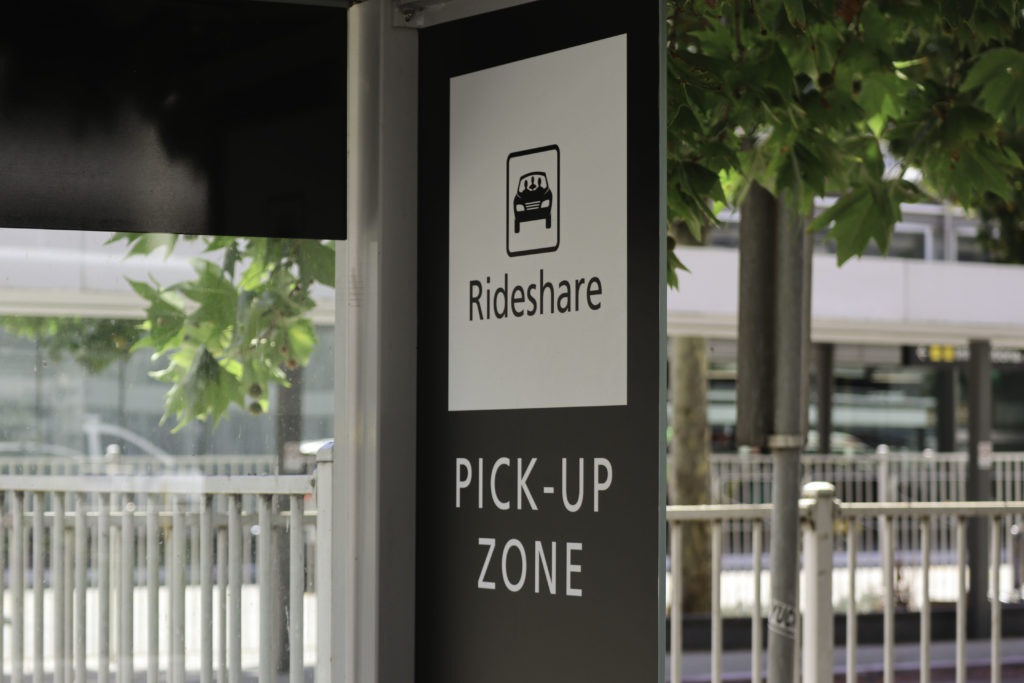
LONDON – On November 25th, London’s transit authority announced its refusal to renew Uber’s operating license.
This shutdown comes after London transport officials have scrutinized the tech company more closely than ever, following concerns about imposter drivers and overall passenger security.
According to Transport for London, there has been “a pattern of failures” that placed passengers and their safety at risk, which is a main reason it decided not to extend Uber’s license. Uber has had a tough relationship with London transport, and the regulator finally decided to let the license expire on November 25th after it found unauthorized drivers were carrying out thousands of rides.
“At this stage, TfL can’t be confident that Uber has the robust processes in place to prevent another serious safety breach in the future,” said London Mayor Sadiq Khan in a statement.
Back in 2017, Transport for London had already once revoked Uber’s license before, but had its decision overturned when Uber appealed it and was granted a 15-month license. TfL decided to extend it by another two months, but with an additional 20 conditions.
Regarding the most recent choice to fully revoke Uber’s operation throughout London, TfL said it came to the conclusion after Uber’s systems “seem to have been comparatively easily manipulated” by drivers.
“While we recognize Uber has made improvements, it is unacceptable that Uber has allowed passengers to get into minicabs with drivers who are potentially unlicensed and uninsured,” said TfL’s director of licensing and regulation, Helen Chapman. “We cannot be confident that similar issues won’t happen again in [the] future.”
A recent change to Uber’s operating system made for one of these major issues, when it allowed unvetted and unauthorized drivers to upload their own photos to other existing drivers’ accounts.
Because of this, at least 14,000 Uber trips took place where these imposter drivers–who would appear to be the driver that was actually booked–were able to pick up passengers on uninsured trips.
Some of these drivers were not only uninsured, but also unlicensed. According to TfL, it had previously revoked the driver’s license of one of these particular unauthorized Uber drivers.
Additionally, Transport for London also found another serious breach, in which dismissed or suspended drivers were able to make a new account on the app and pick up passengers once again.
Uber has fired back, saying that because TfL found the company fit to operate in its most recent license renewal, its current decision is “extraordinary and wrong.”
“We understand we’re held to a high bar, as we should be. But this TfL decision is just wrong,” said Uber CEO Dara Khosrowshahi over Twitter. “Over the last two years, we have fundamentally changed how we operate in London. We have come very far–and we will keep going, for the millions of drivers and riders who rely on us.”
Uber has 21 days from the license expiration to file an appeal, which the company says it intends to do. During the appeals process, it can continue to operate as usual.
In hopes of making changes for the better, Uber said on top of continuing to audit each of its London drivers–which it has been doing over the last two months–it plans to launch a “facial matching process” across its verification system, which is currently powered by Microsoft. This will work by requiring drivers to take selfies periodically for the system to compare with their account photos. They will also have to actively prove their identity by smiling, blinking, and/or turning their head.
If the appeal is denied, it will be an enormous setback for the company, which underwent a $1.15 billion loss last quarter. Shares fell by more than 5% in premarket trading, and Khosrowshahi forecast that Uber wouldn’t turn a profit until 2021.
“If Uber ultimately was not able to operate in London, it will be a ‘seismic blow’ to the company’s European operations,” said Dan Ives, managing director at Wedbush Securities. He added that it “could have a major ripple impact across other European cities,” and that imposter driver problem is not limited to Europe. He said investors should be aware.
For instance, American safety advocates have been criticizing Uber for having less-thorough background checks on its drivers than traditional taxi companies have, as Uber doesn’t check its drivers’ fingerprints.
This isn’t the only instance where regulators have the upper hand over the rideshare company.
On top of California’s recent legislation which required companies to treat rideshare drivers as employees rather than as independent contractors (making Uber provide health and other benefits on top of insurance for its drivers), New York has enacted a minimum wage for Uber drivers (which the company meets by raising prices for customers), and New Jersey’s labor department has claimed Uber misclassified drivers as independent contractors and recently sought over $640 million from the company.
Reader Interactions